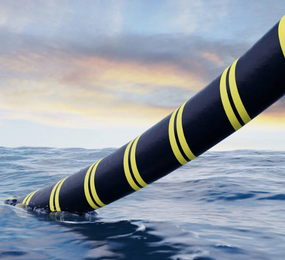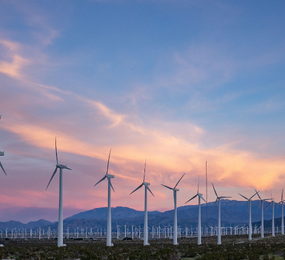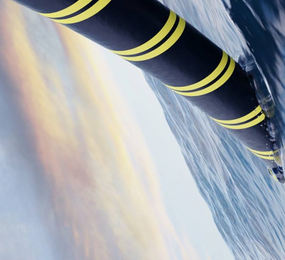ESG is the environmental, social, and governance standards by which investors judge a firm’s social and environmental conscientiousness.
However, the fundamental tenet of it is that businesses ought to be concerned with the long-term sustainability of their operations, the people in their area of influence, and the environment.
Today, an estimate of 80% of global trade passes through supply chains.
The significant environmental impact of the supply chain shouldn't come as a surprise. In the United States, the transportation sector is responsible for 29% of greenhouse gas emissions and 14% globally. Aside from having a significant economic impact, supply chains also have a significant social responsibility because they employ 450 million people worldwide.
The environmental and social challenges of our time will not get solved unless executives and supply chain leaders meet the challenge head on.
Technical quality, cost efficiency, delivery speed, and reliability are the traditional pillars of supply chains. However, sustainability-related factors are becoming more and more significant. Examples comprise:
-
Environmental pollution
-
Natural resource and raw material shortages
-
Situations involving worker health and safety
-
Labor disputes
-
Geopolitical considerations
There are advantages to managing ESG issues throughout the supply chain. Along with maintaining the company's reputation, ESG issues also lessen the danger of supply chain interruption. For instance, better working conditions can lower turnover and raise quality. A proactive approach to the management of ESG risks also lowers compliance and regulatory risk. A sustainable supply chain may also show areas where innovation and market distinction are possible.
In order to prevent their own "Omg moment," supply chain companies are undoubtedly making significant strides to boost supplier audits, better visibility, and traceability. Companies are focusing on implementing carbon offset programs, supplier diversification initiatives, all-electric delivery fleets, and ecologically friendly packaging.
Join us on 30th - 31st may, 2023 for the Supply Chain Risk and Resilience Forum, in Berlin, Germany so you don't feel left out in the industry!
To register or learn more about the Forum please check here: https://bit.ly/3DsfWE4
For more information and group participation, contact us: [email protected]
















